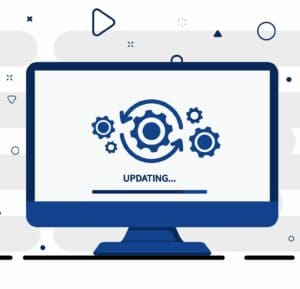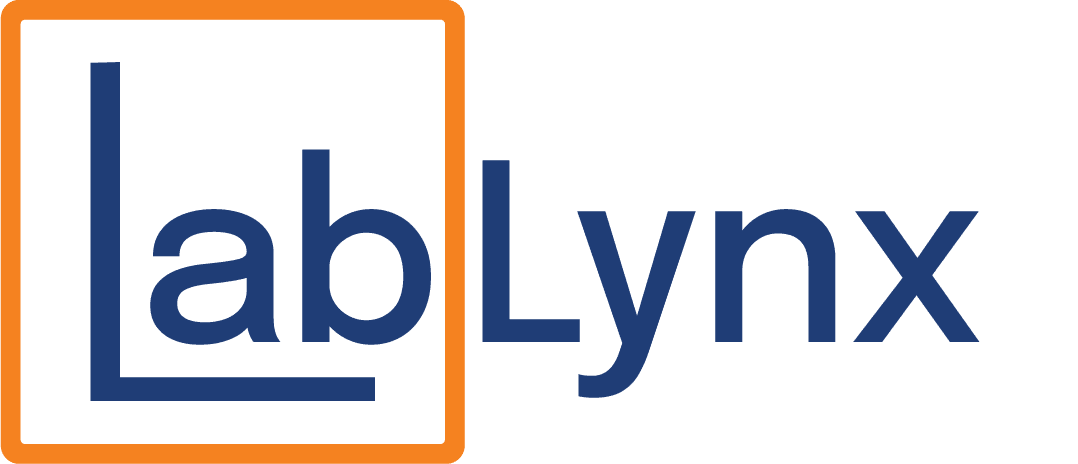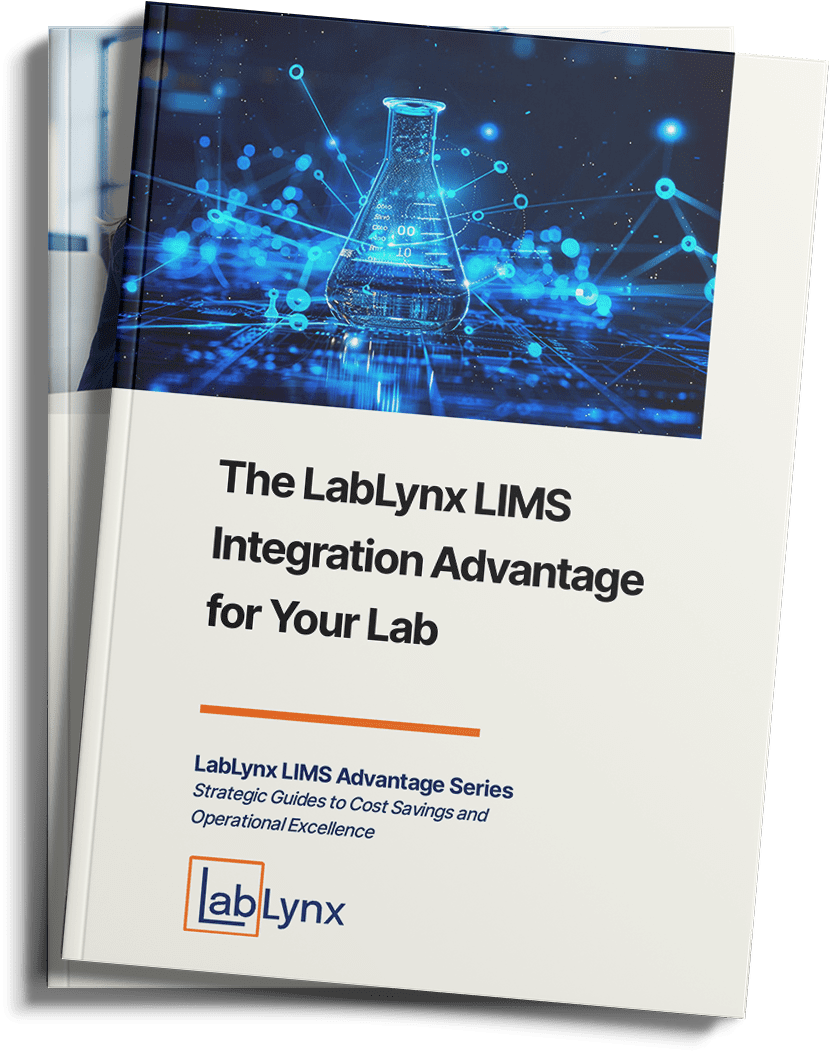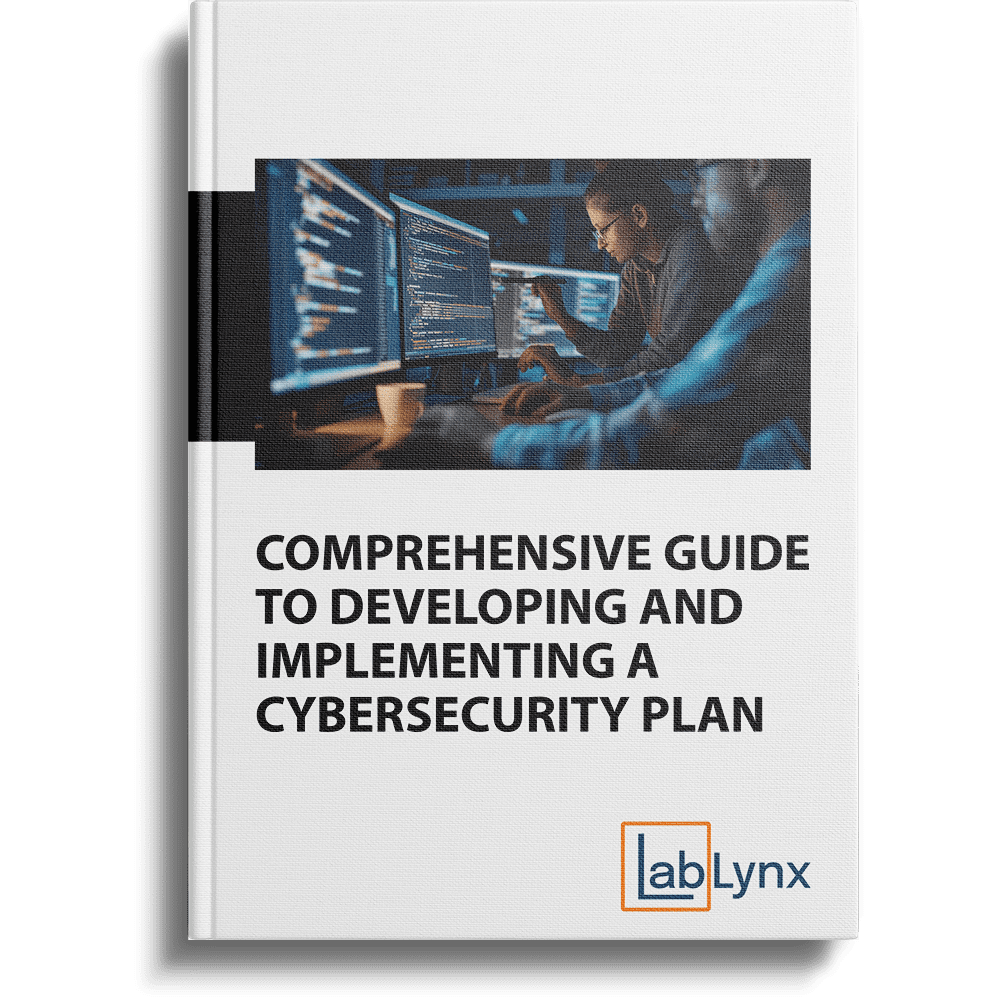In the dynamic landscape of laboratory management, staying ahead of the curve is paramount. As technology advances and regulatory requirements evolve, laboratories must adapt to ensure efficiency, compliance, and optimal performance. One critical aspect of this adaptation is the replacement of outdated Laboratory Information Management Systems (LIMS) with modern, feature-rich solutions.
Deciding when to replace your existing LIMS depends on several factors. Here are some key considerations to help you determine if it’s time to replace your current LIMS:
Outdated Technology
If your current LIMS is built on outdated technology or lacks modern features, it may be time to consider an upgrade. Technology never stands still, and neither should your laboratory. Modern LIMS solutions often offer cloud-based architecture, advanced analytics capabilities, improved functionality and user interfaces, and integration capabilities. Upgrading your LIMS empowers your laboratory with the tools to streamline workflows, improve data accuracy, and drive innovation.
User Feedback
Gather feedback from the users of your current LIMS. If they frequently encounter usability issues, performance problems, or lack of necessary features, it may be a sign that it’s time to replace the system. Time is precious in the laboratory, and inefficiencies can hinder productivity. Legacy LIMS systems may lack the efficiency and flexibility needed to meet the demands of modern laboratories. Upgrading to a more agile and user-friendly LIMS can significantly enhance productivity by streamlining processes, automating tasks, and empowering users with intuitive interfaces.
If your laboratory has grown since implementing your current LIMS and your existing system cannot handle the increased workload or data volume, it may be time to upgrade to a more scalable solution.
Enhance Compliance
Regulatory requirements in the laboratory industry are constantly evolving. Suppose your current LIMS fails to meet current compliance standards or cannot easily adapt to regulation changes. In that case, it may be time to look for a replacement that offers better compliance management features. Regulatory compliance is non-negotiable in the laboratory industry. Outdated LIMS systems may struggle to keep pace with ever-changing compliance requirements, putting your laboratory at risk of non-compliance. By replacing your LIMS with a modern, compliant-ready solution, you can ensure adherence to regulations while minimizing the burden of compliance management.
Facilitate Integration Needs
If your current LIMS does not effectively support integrations with other systems or software tools, such as instruments, data analysis software, or electronic health records, it may be time to upgrade to a more flexible solution. Collaboration is critical in today’s interconnected laboratory ecosystem. Legacy LIMS systems may struggle to integrate with other laboratory instruments, software applications, or external databases, limiting collaboration and data-sharing capabilities. By transitioning to a LIMS with seamless integration capabilities, you can foster collaboration, streamline data exchange, and unlock new possibilities for research and discovery.
Improve Data Integrity
Inaccurate or incomplete data can compromise research outcomes and jeopardize decision-making. Modern LIMS solutions employ robust data management capabilities, en

suring laboratory data’s integrity, security, and traceability. By upgrading your LIMS, you can mitigate the risks associated with data errors and achieve greater confidence in your results.
Optimize Cost Effectiveness
Evaluate the total cost of ownership of your current LIMS, including licensing fees, maintenance costs, and any required upgrades or customizations. If a newer LIMS can provide better value for your investment, it may be worth considering a replacement. While the initial investment in a new LIMS may seem daunting, the long-term benefits far outweigh the costs. Modern LIMS solutions offer greater cost efficiency through improved productivity, reduced operational overheads, and minimized compliance risks. By upgrading your LIMS, you can achieve a higher return on investment while positioning your laboratory for success.
Support and Maintenance
If your current LIMS vendor no longer provides support or maintenance for your software version, or if you encounter frequent issues that are not being addressed in a timely manner, it may be a sign that it’s time to switch to a different solution.
Future-Proof Your Laboratory / Strategic Alignment
Consider your laboratory’s long-term goals and whether your current LIMS aligns with those objectives. If your existing system hinders your ability to achieve your strategic goals, it may be time to explore alternative options. Anticipating future needs is essential for long-term success. Investing in a modern LIMS ensures that your laboratory remains agile and adaptable in the face of future challenges and opportunities. Whether scaling operations, embracing emerging technologies, or accommodating evolving regulatory requirements, a flexible and future-proof LIMS lays the foundation for sustained growth and innovation.
Ultimately, the decision to upgrade your existing LIMS should be based on a thorough assessment of your laboratory’s current and future needs, as well as an evaluation of the capabilities and limitations of your current system. Replacing your existing LIMS is a technological upgrade and a strategic imperative for the modern laboratory. By embracing innovation, enhancing compliance, boosting productivity, and future-proofing your operations, upgrading your LIMS unlocks a world of possibilities for your laboratory. Take the first step towards a brighter future by investing in a modern LIMS solution today. Your laboratory—and your research—will thank you for it.



